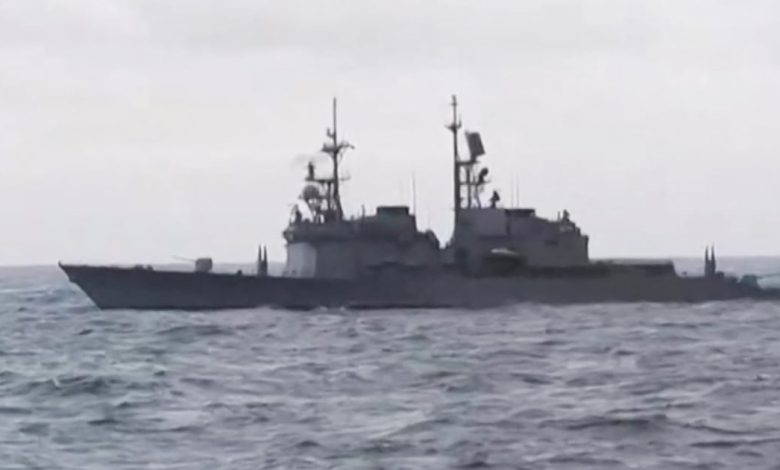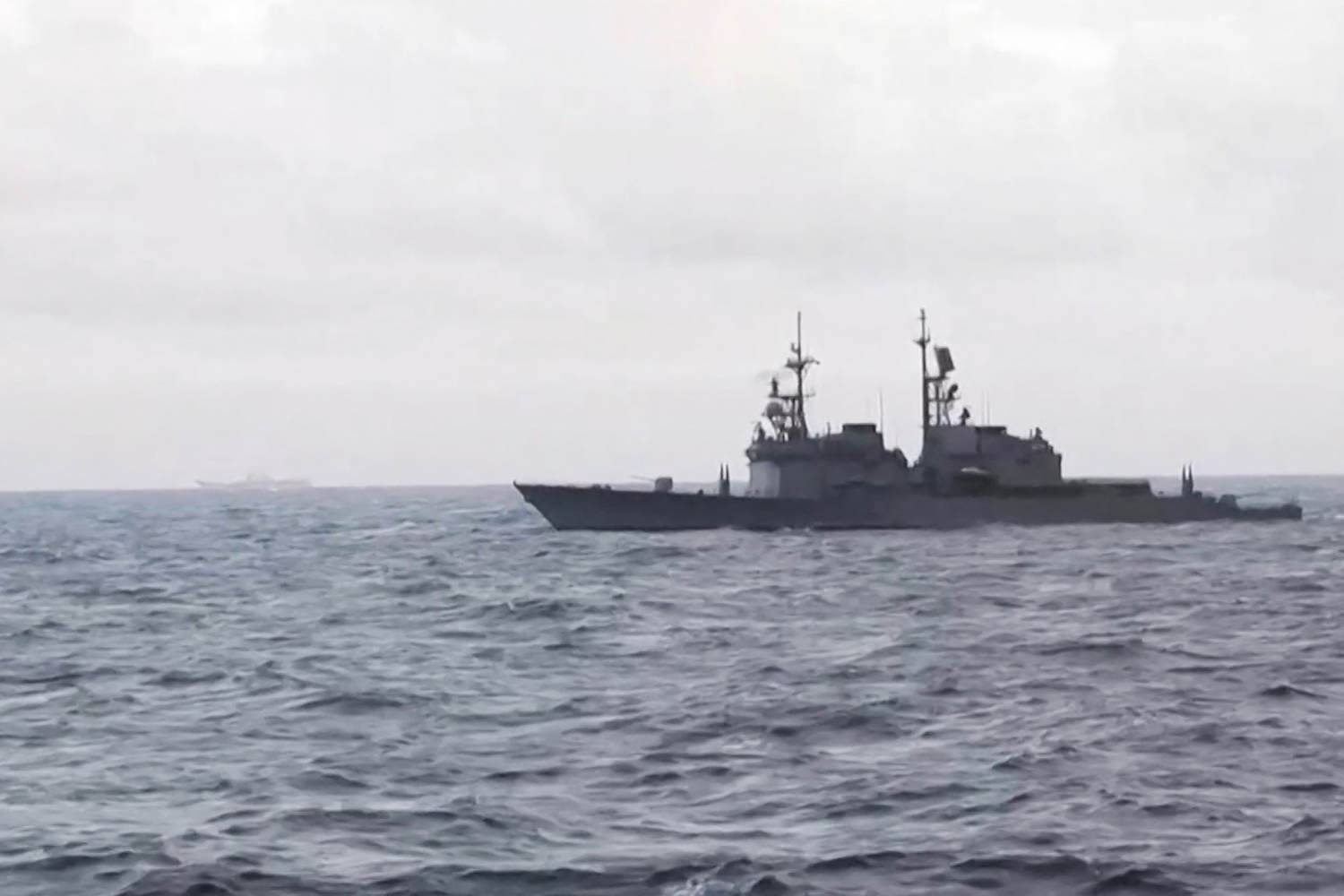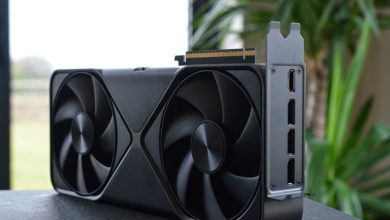China holds military drills around Taiwan, calling its president a ‘parasite’


HONG KONG — The Chinese military conducted large-scale drills around Taiwan on Tuesday in what it said was a “stern warning” to pro-independence forces on the Beijing-claimed island, as it called Taiwan’s president a “parasite.”
The Taiwan government condemned the exercises, in which Chinese army, navy, air and rocket forces closed in on Taiwan from multiple directions, according to China’s People’s Liberation Army (PLA). No live fire has been reported.
Tensions have been heightened since last month, when Taiwan President Lai Ching-te described China as a “foreign hostile force” and proposed 17 measures to counter threats from Beijing, which has not ruled out the use of force to achieve its unification goal.
Beijing has rebuffed offers of talks from Lai, who says only the island’s 23 million people can decide their future.
The Chinese drills were accompanied by the release of multiple propaganda images and videos. One cartoon video titled “Shell” depicts Lai, whom Beijing calls a “separatist” and “troublemaker,” as a “parasite” held by a pair of chopsticks over a Taiwan on fire.
“Parasite poisoning Taiwan Island. Parasite hollowing island out. Parasite courting ultimate destruction,” text in the video reads.
A poster titled “Closing In” shows Chinese ships and aircraft surrounding Taiwan, while a video called “Subdue Demons and Vanquish Evils” features the monkey king from the Chinese epic “Journey to the West.”
China’s Taiwan Affairs Office called the military drills a “resolute punishment for the reckless provocations” of the Lai administration.
“Pursuing ‘Taiwan independence’ means pushing the people of Taiwan into a dangerous situation of war,” spokesperson Zhu Fenglian said at a briefing in Beijing on Tuesday. “We will not allow any person or force to separate Taiwan from China.”
A spokesperson for the PLA’s Eastern Theater Command called the exercises a “legitimate and necessary” action to safeguard China’s sovereignty.
“These drills mainly focus on sea-air combat-readiness patrols, joint seizure of comprehensive superiority, assault on maritime and ground targets, and blockade on key areas and sea lanes,” the spokesperson, Shi Yi, said in a statement Tuesday.
Taiwan’s Ministry of National Defense said 19 Chinese navy ships were detected around Taiwan in the 24 hours to 6 a.m. Tuesday local time (6 p.m. Monday ET), adding that it has been tracking China’s first domestically built Shandong aircraft carrier since Saturday.
“We strongly condemn the PRC’s irrational provocations,” it said in a statement Tuesday, referring to China’s official name, the People’s Republic of China. “We firmly oppose PLA’s actions that undermine regional peace.”
Taiwan’s military has activated aircraft, navy ships and land-based missile systems in response to the Chinese drills, the ministry added.
Experts say the drills are also meant to send a message to President Donald Trump amid concerns in Beijing that the United States may increase security aid to Taiwan. Though the U.S. has no official ties with Taiwan, a self-governing democracy, it is the island’s most important international backer and is bound by law to provide it with defensive weapons.
The exercises took place two days after Pete Hegseth concluded his first trip to Asia as defense secretary. During his visit to U.S. allies the Philippines and Japan, Hegseth criticized China’s growing aggression in the region and called Japan an “indispensable partner” in deterring it.
Taiwan Defense Minister Wellington Koo said Tuesday that Beijing was an “obvious troublemaker” disrupting peace and stability in the Taiwan Strait, and that the “parasite” rhetoric fully demonstrated Beijing’s provocation.
He told reporters the Chinese military should focus on tackling internal corruption rather than holding drills in the region. Last year, Beijing fired two former defense ministers amid an anti-corruption campaign in its military.
Taiwan’s Mainland Affairs Council condemned the Chinese drills, urging Beijing to “immediately cease irrational provocative actions.”
China’s “militaristic provocations not only escalate tensions in the Taiwan Strait but also severely undermine regional peace and stability and threaten global security,” it said in a statement Tuesday.
Though Taiwanese authorities view Beijing as a serious threat, most people on the island believe China is “unlikely or very unlikely” to invade in the next five years, according to a poll released last year by Taiwan’s top military think tank.




